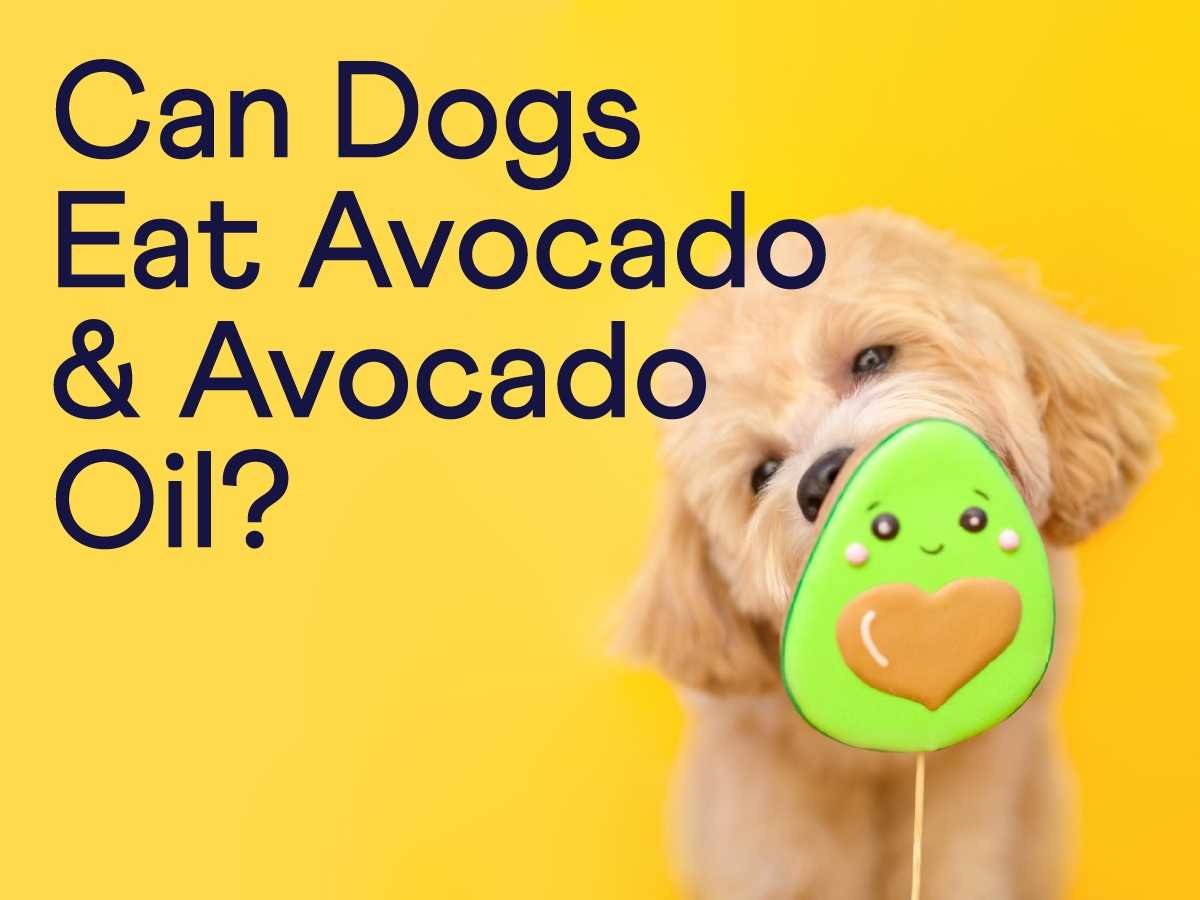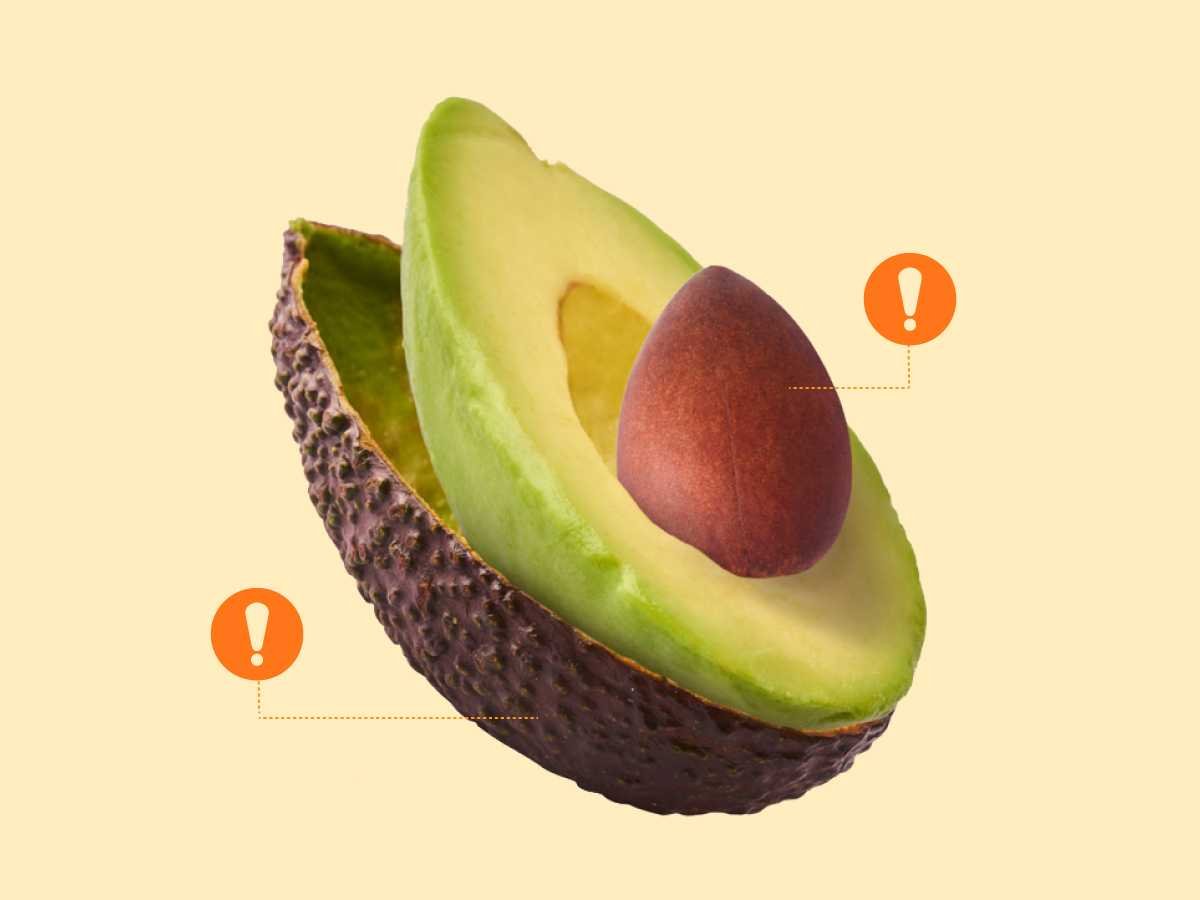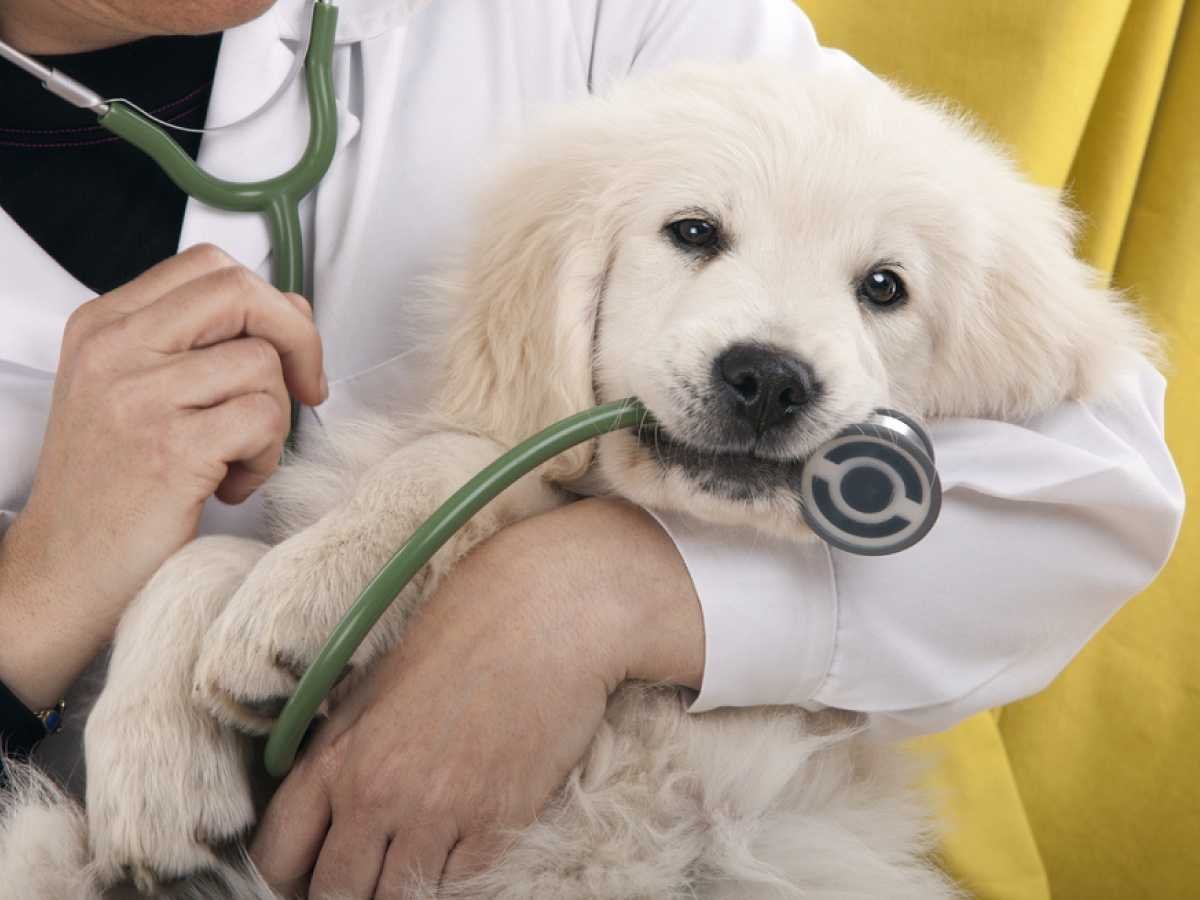Can Dog Eat Avocado & Avocado Oil?
Can dogs eat avocado or avocado oil? While they are technically safe, there may be risks involved. Finn has more, as well as some healthy alternatives.
Although we don’t like to admit it, we’re far more susceptible to those big puppy dog eyes than we like to think. When our precious pup stares up at us and pleads for a bite of whatever we’re having, trying to convince us that they’re starving, it’s almost impossible to say no.
However, as pet owners, it’s our responsibility to know what is and isn’t safe to feed them before giving in. For instance, can dogs eat avocado? What about avocado oil? Let’s take a look!
Avocado 101
Although avocados may have hit the height of their trendiness when avocado toast came onto the scene in the 2010s, avocados have been a staple of many people’s diets for thousands of years.
An avocado looks similar to a large, wrinkly pear on the outside. Although you don’t hear it as often, avocados are also called “alligator pears” in a nod to their sometimes off-putting appearance.
But don’t let that leathery skin fool you. Once you open up an avocado, you’ll be greeted by soft, buttery green fruit that you can use in many different ways.
Nutritionally, avocado is calorie-dense. A single ounce of avocado has about fifty calories, and a whole avocado can often top 200 calories. They are also high in fat, but unlike many other high-fat foods, avocados are rich in “good” fats like monounsaturated. Avocados also have more than 20 different vitamins and minerals, including potassium, folate, and vitamins B6, C, and E.
And, to answer the age-old question, avocado does indeed count as a fruit (due to its large seed).
Can Dogs Eat Avocados?
Now that you have a few basic facts about the avocado, can your dog have a bite?
Unfortunately, the answer isn’t so simple.
Avocados contain a fungicidal toxin known as persin, primarily present in its leaves, skin, and pit. However, there is also a small amount present in the flesh of the avocado as well. Although dogs tend to be more resistant to the effects of persin than other animals, it may be concerning enough to avoid avocado entirely. In this situation, the risks involved far outweigh the potential benefits of allowing your dog to eat avocado.
What Happens If My Dog Gets Into Avocado?
Although it is unlikely that your dog will experience a toxic reaction to avocado, it is essential that you know what the danger signs are if your dog does eat one.
Researchers have not yet found the exact amount of persin toxin that is a problem for dogs, so it’s impossible to guess how your dog will react. If you suspect that your dog has gotten into avocado, contact your veterinarian or Animal Poison Control for more specific advice and recommendations.
In general, toxicity related to avocado ingestion can lead to vomiting, diarrhea, abdominal pain, constipation, and on rare occasions, myocardial (heart) damage.
However, that’s not the only way avocado can be dangerous for your pet. Its relatively large fat content can also lead to other problems, like GI upset and pancreatitis. These conditions are not just uncomfortable for your dog; they can also lead to dehydration and severe illness that may land your dog in the hospital.
Although they can be nutritious when enjoyed in moderation, they are still high in fat. Obesity continues to be a significant problem for our pets, leading to related health conditions like high blood pressure and heart disease. It is up to us, as pet parents, to make those healthy decisions for them.
And finally, if you’ve ever cut into an avocado, you know just how big its seed can get. While it’s unlikely that a dog would attempt to swallow it, especially whole, it can pose a choking and obstruction risk if they manage to get it down.
Does Avocado Oil Carry Similar Risks?
Because avocado oil is made from the flesh of the avocado, it does not contain any of the persin toxins. That makes the oil technically non-toxic for dogs if given infrequently in small amounts. There are some benefits to adding a little avocado oil to your dog’s food, including its high omega-3 fatty acid and vitamin E content. However, although non-toxic, avocado oil contains a lot of fat and should only be consumed in moderation.
What Fresh Fruits and Vegetables Are Safe?
Since it’s probably best to stay away from avocados, what can you replace them with that is safe for your dog?
Luckily, there are plenty of fresh fruits and vegetables on the safe list that can add to your dog’s health and wellness without being potentially dangerous for them.
Vitamin E-Rich Produce
One of the benefits of avocados is their high vitamin E content. First and foremost, vitamin E is an antioxidant. Antioxidants have the unique ability to help counteract the impact of free radicals in the body. Free radicals are molecules that lack a crucial electron, making them feel and act off-balance and unpredictable.
This lack of balance leads to their bouncing around the body, looking for places where they can steal an electron and balance themselves back out. Unfortunately, these places are usually other cells.
Although vitamin E deficiency isn’t a common problem with dogs, especially when they eat a well-balanced diet specific to their health needs and lifestyle, it can lead to issues with vision, the immune system, and neurological responses.
Other dog-safe foods that are also high in vitamin E include:
Green leafy vegetables (although many dogs won’t want to eat these raw)
Sweet red bell peppers (the smaller sweet yellow and orange varieties are okay, too!)
Mango
Kiwi
Peanut butter (make sure it’s made without xylitol, an artificial sweetener toxic to our precious doggos)
Eggs
Salmon
Other Healthy Fruits and Vegetables To Consider
In addition to produce, with a more considerable amount of vitamin E, a few other fruits and vegetables can be especially beneficial for your dog. Keep in mind, this produce should t still be fed only in moderation and as a supplement to your dog’s normal, healthy diet.
Apples
Bananas
Blueberries (extra delicious when frozen on a hot summer day)
Broccoli (can cause extra gas — pup parents beware)
Brussel sprouts (can also cause extra gas!)
Cantaloupe
Carrots
Celery (extra yummy with peanut butter)
Cranberries
Cucumbers
Green beans
Peas
Peaches (avoid canned, which are high in sodium and may be sweetened)
Pears
Pineapple
Pumpkin (super good for digestion!)
Raspberries
Spinach (best in small amounts)
Strawberries
Watermelon
Make sure that you take your dog’s health into account when deciding what to give them, including any pre-existing conditions (like diabetes) or the status of their teeth. That way, you can give them treats safely without worsening their health or causing them pain.
Why Should I Monitor What I Give My Dog?
We’ve all been there, with our dog staring at us while we cook dinner after a long day at work. It’s easy just to toss them a piece of whatever it is that we’re making, without a second thought to its safety, just to get them to stop getting in our way.
As tempting as that is, and we get it, there are a few reasons to take a second to think about what you’re doing.
First, as we briefly touched on, anything you give your dog in addition to their regular diet is considered a “bonus.” Their food should be one that their veterinarian has approved, that takes their caloric and nutritional needs into account. These foods were designed to be nutritionally balanced and provide everything they need for their body to work optimally.
According to animal nutritionists, that dog food should make up 90% of their daily caloric intake. That means that only 10% of their daily calories are left over for you to fill with treats. For example, an adult fifty-pound dog needs an average of 700 to 900 calories a day. Of those calories, only 70 to 90 can be used to give your dog nutritionally appropriate treats.
In addition, you never know what foods may be toxic or cause a reaction for your pet. While there are very few foods that dogs have bonafide anaphylactic reactions to, it is always a possibility. Monitor your dog closely in the few hours after getting anything new.
To Summarize
Can dogs eat avocado? What about avocado oil?
While it is unlikely that your dog would have a reaction to the toxin sometimes present in avocado, it is still recommended that you avoid feeding both avocado and avocado oil to your dog to be precautious.
There are plenty of other fruits and vegetables that can be safely fed to your dog, especially if you follow the proper caloric guidelines to keep them healthy.
Sources:
Vegetable of the month: Avocado | Harvard Health
Avocado Toxicosis in Animals - Toxicology | Merck Veterinary Manual




